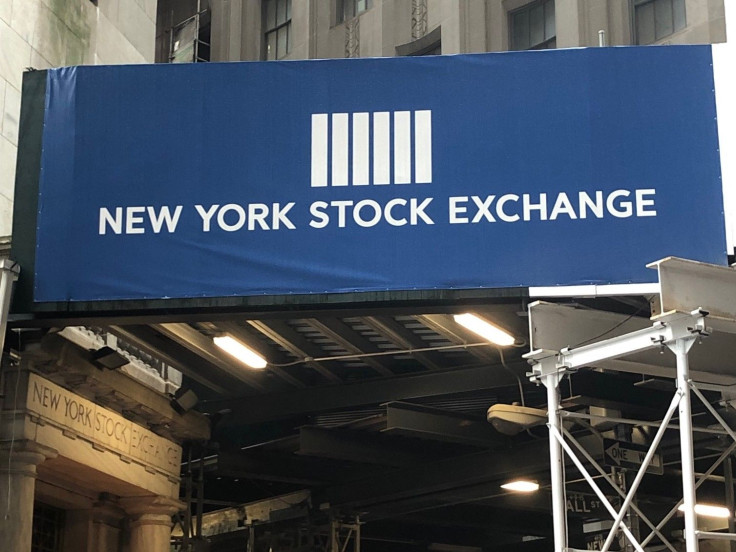Wednesday's Stock Market Close: US Equities Rally As Bernie Sanders Quits Race, Oil Jumps

KEY POINTS
- Bernie Sanders has dropped out of the presidential race
- Anthony Fauci said the U.S. death toll from coronavirus is now lower than initially expected
- WTI crude oil futures jumped more than 11%
U.S. stocks rallied on Wednesday on hopes that a corner have been reached in the coronavirus crisis and anti-Wall Street Bernie Sanders has dropped out of the presidential race.
The Dow Jones Industrial Average gained 779.71 points to 23,433.57, while the S&P 500 rose 90.57 points to 2,749.98 and the Nasdaq Composite Index advanced 203.64 points to 8,090.90.
Volume on the New York Stock Exchange totaled 4.92 billion shares with 2,713 issues advancing, seven setting new highs, and 289 declining, with six setting new lows.
Active movers were led by Ford Motor (F), Carnival Corp. (CCL) and General Electric (GE).
“Sanders’ exit removes the tail risk of some of his policies, immediately sets up focus on Biden versus Trump,” said Ed Mills, Washington policy strategist at Raymond James. “Biden’s policies will get a new scrutiny now [that] he is the presumptive nominee, but the truth of the matter is that the market will be looking towards Washington more to help the economy and much of the assistance matches his platform.”
The U.S. has now confirmed more than 400,000 confirmed cases of coronavirus with at least 12,000 deaths. Globally, more than 1,426,000 people have been infected and at least 81,865 have died.
But Anthony Fauci, director of the National Institute of Allergy and Infectious Diseases, said the U.S. death toll from coronavirus is now lower than initially expected, adding that there could be a turnaround after this week.
“If the curve is bending, for the first time, some timeline is coming into focus for restarting at least parts of the economy,” said Jim Paulsen, chief investment strategist at the Leuthold Group “This means investors can start to reduce their best guesses as to how long this recession will last and even if the recession is very deep, if its duration can be shortened and known with some greater clarity, this would tend to raise the value of the stock market.”
JPMorgan’s quantitative strategist Marko Kolanovic said he expects a “limited” re-opening of the economy in two weeks.
“We believe we’ve seen a peak in new case growth in the U.S. 3-4 days ago, and then deaths will peak in about a week, so we look for a limited reopening of the economy in 1-2 weeks,” he said. “And we think we will be able to recover the losses in equities sometime next year.”
However, Goldman Sachs chief equity strategist David Kostin warned about bear market rallies.
“Risk to the downside is greater than the opportunity to the upside from this point where we stand today,” Kostin said. “I would just remind you that in 2008 in the fourth quarter there were many different rallies, I call them bear market rallies, some of which almost 20% a couple of times -- but the market did not bottom until March of 2009.”
German researchers expect Europe’s largest economy to contract by 10% in the second quarter.
Overnight in Asia, markets were mostly higher. China’s Shanghai Composite fell 0.19%, while Hong Kong’s Hang Seng gained 1.17%, and Japan’s Nikkei-225 rose 2.13%.
In Europe markets closed narrowly mixed, as Britain’s FTSE-100 fell 0.47%, France’s CAC-40 edged up 0.1% and Germany’s DAX slipped 0.23%.
Crude oil futures surged 11.17% at $26.27 per barrel, Brent crude rose 2.59% at $33.69. Gold futures slipped 0.12%.
The euro slipped 0.34% at $1.0855 while the pound sterling edged up 0.36% at $1.2381.
The yield on the 10-year Treasury jumped 3.8% to 0.764% while yield on the 30-year Treasury gained 2.4% to 1.364%.
© Copyright IBTimes 2025. All rights reserved.





















